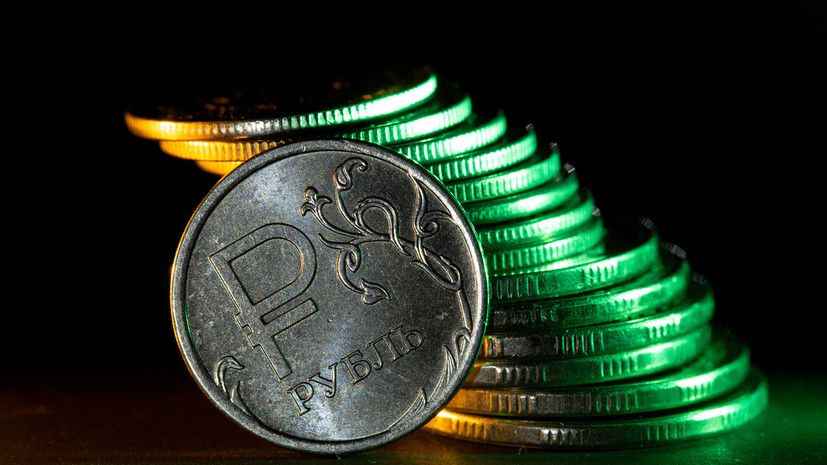“It must be understood that any ideas related to course targeting will inevitably, if implemented, lead to a decrease in the effectiveness and loss of sovereignty of the economic policy pursued,” he said.
His words are quoted by RIA Novosti.
Zabotkin noted that the transition to targeting the exchange rate means the abandonment of an independent monetary policy in favor of the country whose currency is pegged to.
“If we pursue our monetary policy, tie its parameters to the fact that our currency has some fixed or slightly fluctuating nominal rate against currencies where inflation is 8-10%, then our inflation will be the same.
This option is unacceptable to us,” said the Deputy Chairman of the Central Bank.
Earlier, Russian First Deputy Prime Minister Andrey Belousov told Interfax that the authorities are discussing a possible transition to targeting the ruble, not inflation.
“Such a discussion is already underway both at the expert level and in government structures,” he answered the question of whether a discussion about revising the approach to monetary policy, including the transition to targeting the ruble, rather than inflation, has the right to exist.
According to Belousov, the optimal ruble exchange rate for the economy is estimated at 70-80 rubles by consensus, and it is necessary to return to it as soon as possible.
The Minister of Economic Development of Russia Maxim Reshetnikov, in turn, noted that the strengthening ruble has become a challenge for the Russian economy.

